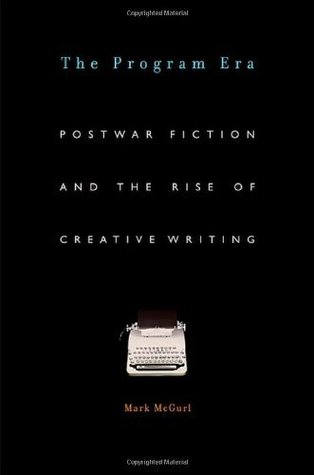A crucial difference between the two writers, of course, is the historical contingency that put Wolfe’s NYU colleague in a radically less authoritative position with respect to the American reading public than Wolfe, who could entertain the possibility of “speaking for everyone,” absorbing the national body into his own Bardic self like a Whitman from hell.
Welcome back. Just a moment while we sign you in to your Goodreads account.


